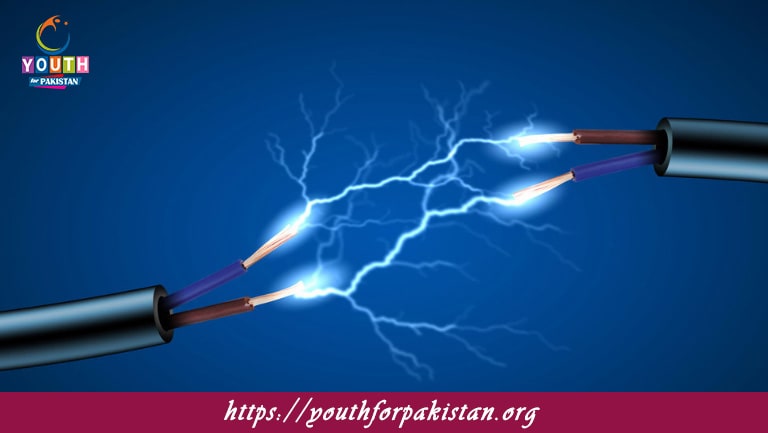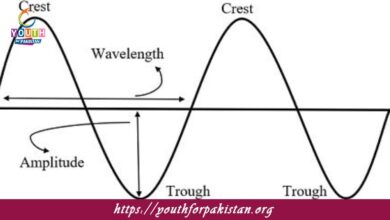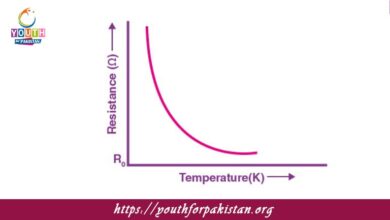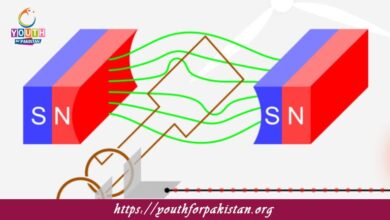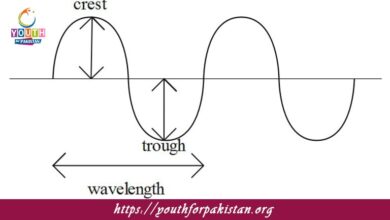Electric Power MDCAT Quiz is an important concept, in the field of study of electricity and energy, which denotes the rate of transfer of electrical energy by an electric circuit. It is important for MDCAT students to understand electric power to be able to solve problems in electrical circuits, energy consumption, and power dissipation.
Boost Your Skills with an MDCAT Quiz
An MDCAT Quiz on Electric Power is a great way to assess and reinforce your knowledge. These quizzes focus on real-world applications, including the calculation of power in series and parallel circuits, understanding power losses, and the relationship between power and efficiency. Through practice with these quizzes, students will gain confidence in solving electric power problems and be well-prepared for such items in the actual MDCAT exam.
- Test Name: Electric Power MDCAT Quiz
- Type: Quiz Test
- Total Questions: 30
- Total Marks: 30
- Time: 30 minutes
Note: Answer of the questions will change randomly each time you start the test, once you are finished, click the View Results button.
0Get Your Username and Password for MDCAT Tests
Sign Up Now
Free Flashcards for Fast Learning
Strengthen your understanding of Electric Power with Free Flashcards that highlight key formulas, units, and concepts.

Electric power is the rate at which:

The SI unit of electric power is:

The formula for calculating electric power is:

The power dissipated in a resistor is given by:

Electric power is measured in:

The power consumed by an electrical device depends on:

If the voltage across a device is doubled, the power will:

The power consumed by a device is:
Directly proportional to current

If the current through a resistor is doubled, the power dissipated will:

The electric power consumed by a resistor is proportional to:
The square of the current

Electric power can be calculated as the product of:

The power consumed in a circuit is:
Directly proportional to resistance

The relationship between power, voltage, and resistance is:

In a series circuit, the total power is:
The sum of individual powers

The unit of energy consumed in an electrical circuit is:

The rate at which work is done in an electrical circuit is known as:

In an electrical circuit, power can also be expressed as:

The power consumed by a resistor in a circuit is proportional to:
The square of the current

The energy used by an electrical device over time is given by:

The electric power dissipated in a resistor depends on:
The current and resistance

The power dissipated by a resistor in an electric circuit is:
Proportional to current and resistance

If the current in a circuit is halved, the power dissipated will:
Decrease by a factor of four

Electric power is always converted into:

The power dissipated in a resistor can be reduced by:

The power consumed by an electric motor is given by:

The total power in a parallel circuit is:
The sum of individual powers

Power loss in transmission lines is caused by:
The resistance of the wires

The electric power consumed by a device with a 100% efficiency is:

The electric power in a circuit with a fixed voltage is:
Directly proportional to the current

The electric power consumed by an electrical appliance is expressed in:
Experience the real exam environment with our expertly designed collection of over 25,000 MCQs MDCAT Mock Tests.
View Your Dashboard
